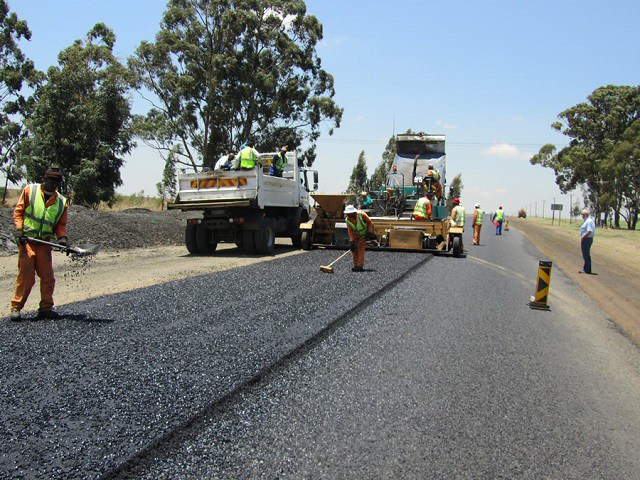By Bernard Mutambudzi
The Harare-Masvingo-Beitbridge rehabilitation and dualisation project has commenced, a development likely to reduce carnage along one of Zimbabwe’s busiest roads.
The road will also boost trade on the continent as well as unlock value for the country, a senior cabinet official revealed.
Briefing journalists after yesterday’s Cabinet meeting, Information, Publicity and Broadcasting Services Minister, Monica Mutsvangwa said Cabinet received a briefing from the Minister of Transport and Infrastructural Development, Joe Biggie Matiza that the project has commenced in earnest.
“Following the decision by Government to use resources from the road fund, Central Mechanical and Engineering Department (CMED) has sourced equipment which is already on the ground as I speak,” said Minister Matiza.
He said in terms of the new arrangement, the Highway would be upgraded in two phases.
“Phase one entails the rehabilitation and widening of the existing road. This will bring the road to the same standard as NI on the South African side and the Chirundu-Lusaka Road on the Zambian side,” said the Minister.
He said the phase would take up to three years to be completed.
“Phase two entails the dualisation of the rest the sections of the road. The envisaged implementation model will entail utilisation of local contractors, materials and labour,” he said.
He said the project would create employment and overally stimulate growth of the economy.
The intervention by Government follows the failure to start work by Geiger International of Austria which was earlier on contracted to dualise the highway under a 25-year Build Operate and Transfer model.
Government was left with no option other than to terminate the contract after dilly dallying for almost three years.
The project was to cost close to a billion dollars hence the Government decided to go it alone by using resources from the Road Fund.
Minister Matiza said the dualisation project would bring economic benefits to Zimbabwe and other countries in the region.
“We are happy that the dualisation has finally started and though it may not totally end road accidents along the highway, we believe that the number of accidents will go down,” he said.
Government has already stated that 40 percent of the dualisation project was supposed to benefit locals as part of empowering indigenous people.




